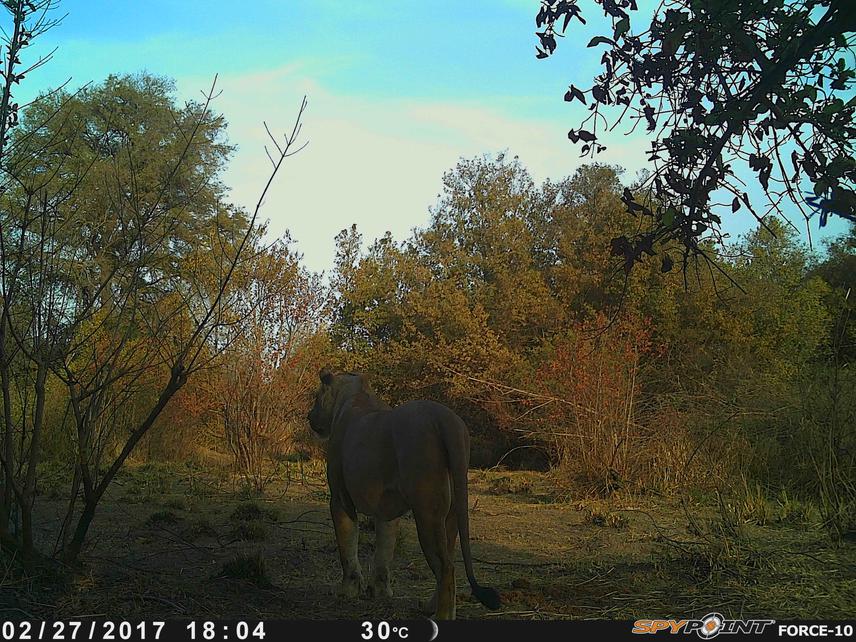Martial Kiki
The aim of this project is to promote conservation of large carnivores through community surveys identifying the underlying causes of human-carnivore conflict.

Lion (Panthera leo) was once widespread in Africa. Unfortunately, population surveys have reported an overall population decline to about < 35,000 individuals. The status of the lion is more critical in West and Central Africa, where the species became locally extinct in much of its former range, including several protected areas (PAs). The decline of the lion in West Africa is associated with the reduction of preferred prey due to poaching, and conflict with humans leading to direct persecution of lions. The lion is now classified by the IUCN as Critically Endangered in West Africa (Henschel et al. 2015).
Conflict resolution is essential to reduce the decline of predators and promoting human-carnivore coexistence with pastoralists. However, coexistence between carnivore and people cannot succeed without understanding how the predators react to the presence of people and vice versa. The main goal of this project is to investigate the ecology of predators such as the African lion and spotted hyena (Crocuta crocuta) and their interactions with people in W NP, Benin. I will initially focus on factors influencing people’s attitude towards wildlife in general and carnivores in particular. I will then evaluate how the predators respond to the presence of people and livestock. Finally, I will test the influence of environmental factors such as scarcity of natural prey and water in the dry season as well as landscape characteristics on predatory behaviour.
Understanding conflict drivers can benefit wildlife authorities and target stakeholders to take appropriate conservation measures. The models that will be developed will elucidate compelling aspects of carnivore ecology and can be relevant for managers to develop conservation strategies for these species, by reducing incidences of human-carnivore conflict. Through the results of this project, we can be able to assist the semi-nomadic herders to improve their livelihoods by protecting their livestock which will have a positive impact on long-term biodiversity conservation.